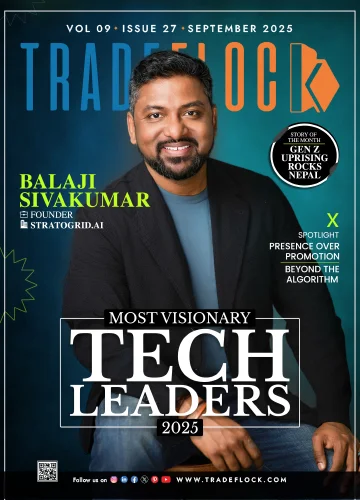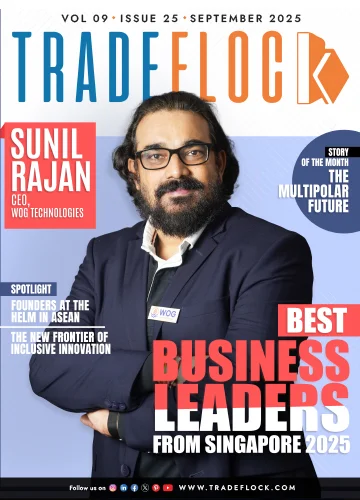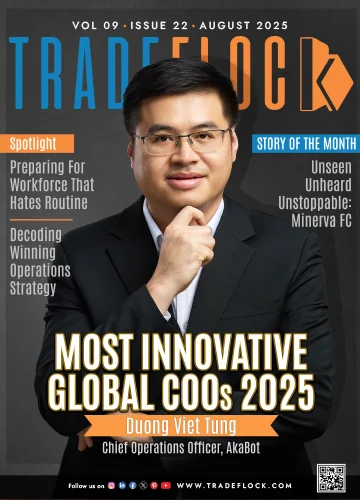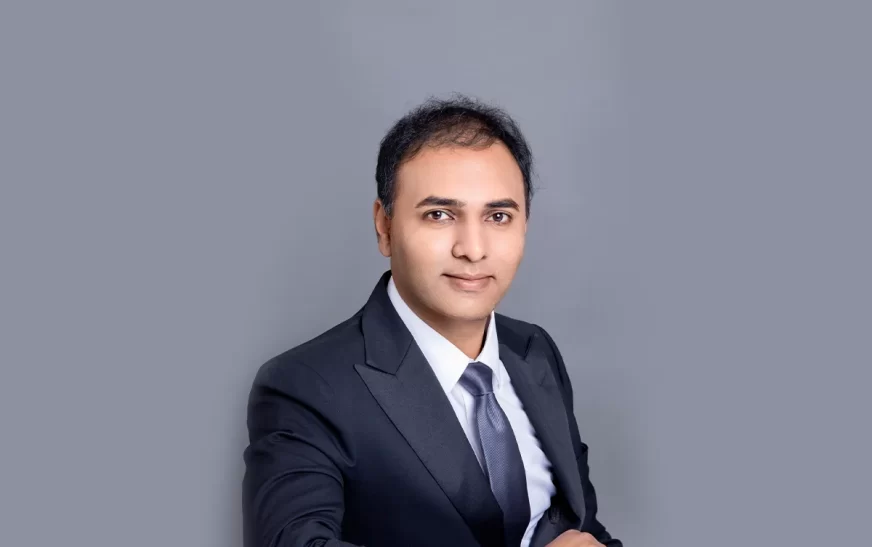
Driving Growth Through Practical AI
Bartolomé Ferreira
Director of Business Strategy
Plain Concepts


Driving Growth Through Practical AI
Bartolomé Ferreira
Director of Business Strategy
Plain Concepts
Bartolomé Ferreira-Visionary Global Corporate Leaders to Watch in 2025
From childhood dreams of becoming a soccer player or astronaut to leading the U.S. expansion of a global technology services company, Bartolomé “Bosqui” Ferreira has always chosen curiosity over convention. Born in Barcelona with Argentine roots, his path has spanned B2B sales, tech ventures, and bold experiments. He co-founded GetWith, redefining how companies recruit developers, and Rviewer, its spin-off for assessing tech talent. He also launched Napbox, automated 24/7 airport cabins for resting, and ran a restaurant in Barcelona. Since relocating to Seattle in 2022, he has driven Plain Concepts’ growth in the U.S., working with Microsoft as its primary client while helping enterprises solve complex challenges with custom software and AI. Above all, Bosqui’s journey reflects a belief that curiosity, constant learning, and the courage to act—rather than just talk—are what truly make the difference.
“In the age of automation and AI, personalization, authenticity, and value-driven engagement are now the true differentiators.”
What career experiences best prepared you for the role of Director of Business Strategy at Plain Concepts?
I never followed a traditional career path—and that has been my best preparation. Running a restaurant, launching startups, and selling technology services taught me to adapt, deliver results, and keep revenue flowing. In sales, you’re only valued if you bring results; as a founder, survival depends on it. That mindset has shaped how I work: do the best you can with the resources you have, be creative, and keep learning— especially in areas that excite you and impact your work. The MVP discipline I learned as an entrepreneur now guides how I help enterprises identify use cases, cut through AI hype, and focus on real value.
Which project or technology trend are you currently most focused on, and what impact is it creating for your clients?
The trend I’m most focused on today is the use of AI agents to solve core business challenges at scale. At Plain Concepts, this takes shape in two critical areas. One is advanced document understanding, where
The first win isn’t just technical—it’s showing clients that AI creates visible business value
agents process contracts, invoices, and purchase orders to deliver structured data—automating back-office work, reducing errors, and accelerating approvals while saving millions of dollars. The other approach is modernizing legacy systems by translating old code into plain language, surfacing patterns, and guiding controlled refactorings so that black-box platforms become transparent and scalable.
What has been the toughest challenge in moving AI projects from pilot to large-scale adoption, and how do you address it?
The toughest challenge isn’t proving AI in pilots—it’s scaling. That’s when fragmented data, legacy systems, and shifting priorities show up. Adoption isn’t just a technical step; it’s an organizational transformation. Our approach borrows from the “Strangler Fig” pattern: let the new grow around the old, starting with one high-impact use case, proving value, then expanding into adjacent processes. At every step, we embed governance early, design flexible architectures that coexist with legacy, and tie outcomes to KPIs. Yet, the most challenging part isn’t the technology, it’s the people. Change management and upskilling are what truly enable pilots to achieve enterprise-wide adoption.
How do you identify client pain points and shape solutions that address their needs and strengthen the company's presence and relationships in the US Market?
Identifying pain points starts with listening. Too often, salespeople think talking equals selling—it doesn’t. Humility and sharp questions reveal what really hurts, and the best insights usually come outside the meeting room, over coffee or lunch, when clients feel safe to share. From there, we run structured discovery— workshops, design thinking, root-cause analysis—to focus on what matters most. At Plain Concepts, speed and quality set us apart: we build small squads quickly, solve a sharp pain point, validate, and then scale. In the U.S., that approach builds trust. And trust multiplies through referrals, opening doors across departments and entire industries.
What one industry shift in 2025 could unlock responsible, ROIdriven AI at scale? How are you preparing yourself for it, and what resource would you recommend to leaders starting out?
The most significant shift in 2025 is the move from copilots to autonomous agents—systems that can plan and execute continuously. That’s where ROI at scale becomes tangible. The challenge is that you can’t bolt AI onto old processes and expect transformation. As Iansiti and Lakhani argue in Competing in the Age of AI, real returns come when operating models are rethought. As Asha Sharma at Microsoft noted, products are no longer static artifacts but living organisms that learn and adapt—and the real moat is adapting them with your own data. At Plain Concepts, we’re embedding agents into real workflows with governance, scalability, and ROI front and center. Responsible AI at scale will belong to companies that treat themselves as living systems.














